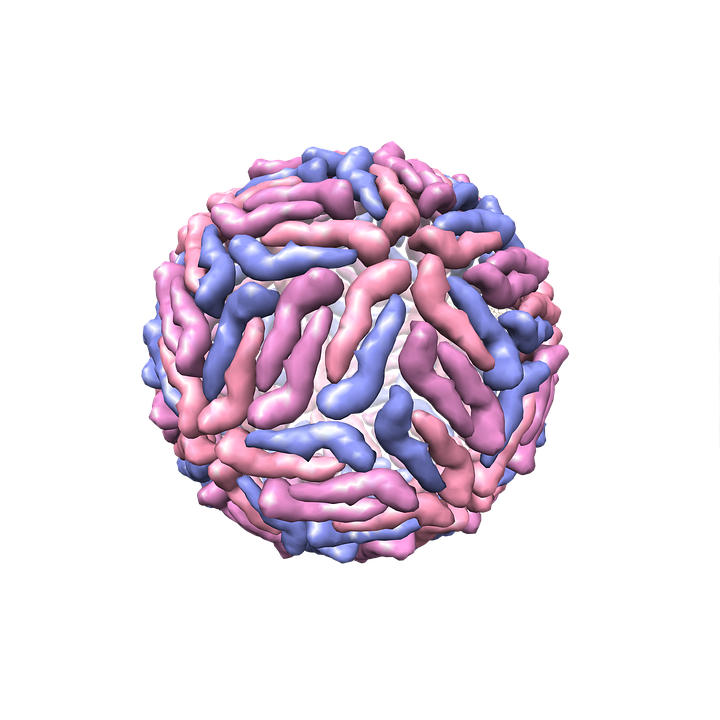DE FAAKTO OUTBREAK INTELLIGENCE
SITUATION-DENGUE FEVER EPIDEMIC-REUNION ISLAND INDIAN OCEAN
BACKGROUND-EPIDEMIC DENGUE FEVER 6000% INCREASE IN CASES SINCE 2017
Agence Régionale de Santé Océan Indien and the regional office of Santé publique France in La Réunion is reporting,
Key Points
- Reporting period 1 January through 30 April 2019
- 7700 confirmed cases of dengue reported
- 22 000 probable cases of dengue
- 14 deaths
- Dengue-related emergency room visits have increased as well as the number of hospitalizations
- The southern parts of the island are the most affected
- The number of cases in the western and northern parts of the island are also increasing and new areas of transmission have been detected weekly in 2019
What is Dengue Fever?
- Dengue is a mosquito-borne viral infection causing a severe flu-like illness and, sometimes causing a potentially lethal complication called severe dengue. The incidence of dengue has increased 30-fold over the last 50 years. Up to 50-100 million infections are now estimated to occur annually in over 100 endemic countries, putting almost half of the world’s population at risk. (WHO, 2018)
What are the Symptoms of Dengue Fever?
A person infected by the dengue virus develops severe flu-like symptoms
Individuals should suspect dengue when a high fever (40°C/ 104°F) is accompanied by two of the following symptoms:
- Severe headache
- Pain behind the eyes
- Nausea, Vomiting
- Swollen glands
- Muscle and joint pains
- Rash
- Symptoms usually last for 2-7 days, after an incubation period of 4-10 days after the bite from an infected mosquito
- Severe dengue is a potentially deadly complication due to plasma leaking, fluid accumulation, respiratory distress, severe bleeding, or organ impairment
The warning signs to look out for occur 3-7 days after the first symptoms in conjunction with a decrease in temperature (below 38°C/ 100°F) include:
- Severe abdominal pain
- Persistent vomiting
- Rapid breathing
- Bleeding gums
- Blood in vomit
- Fatigue, restlessness
- The next 24-48 hours of the critical stage can be lethal; proper medical care is needed to avoid complications and risk of death (WHO, 2018)
Treatment
- There is no vaccine for dengue fever
- There is no specific treatment for dengue fever
- Patients should seek medical advice, rest and drink plenty of fluids
- Paracetamol can be taken to bring down fever and reduce joint pains
- Aspirin or ibuprofen should not be taken since they can increase the risk of bleeding
- For severe dengue, medical care by physicians and nurses experienced with the effects and progression of the disease can frequently save lives
- Maintenance of the patient’s circulating fluid volume is the central feature of such care (WHO, 2018)
Prevention and control
- The only current method of controlling or preventing dengue virus transmission is to effectively combat the vector mosquitoes (WHO, 2018)
http://www.who.int/denguecontrol/human/en/
Dengue Hemorrhagic Fever (DHF) – is a more severe form, seen only in a small proportion of those infected. DHF is a stereotypic illness characterized by 3 phases; febrile phase with high continuous fever usually lasting for less than 7 days; critical phase (plasma leaking) lasting 1-2 days usually apparent when fever comes down, leading to shock if not detected and treated early; convalescence phase lasting 2-5 days with improvement of appetite, bradycardia (slow heart rate), convalescent rash (white patches in red background), often accompanied by generalized itching (more intense in palms and soles), and diuresis (increase urine output). (WHO, 2018)
Dengue Shock Syndrome (DSS) — Shock syndrome is a dangerous complication of dengue infection and is associated with high mortality. Severe dengue occurs as a result of secondary infection with a different virus serotype. Increased vascular permeability, together with myocardial dysfunction and dehydration, contribute to the development of shock, with resultant multiorgan failure. (WHO 2018)
WHO https://www.who.int/en/news-room/fact-sheets/detail/dengue-and-severe-dengue
WHO https://www.who.int/csr/don/20-may-2019-dengue-reunion/en/






